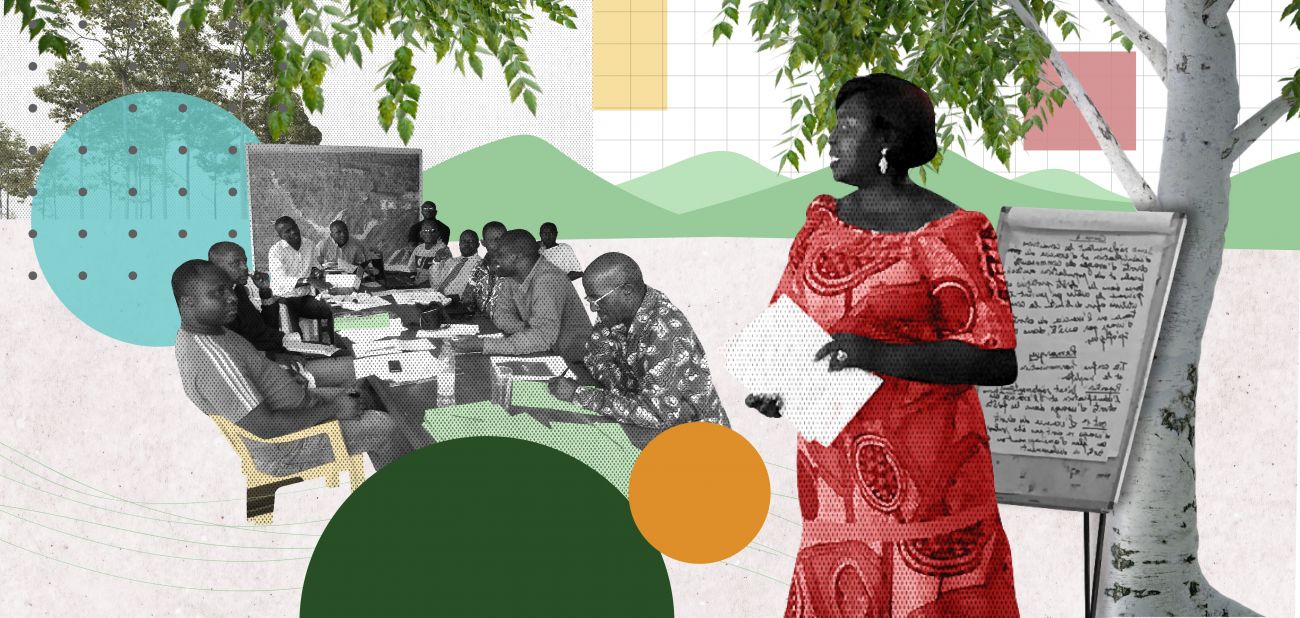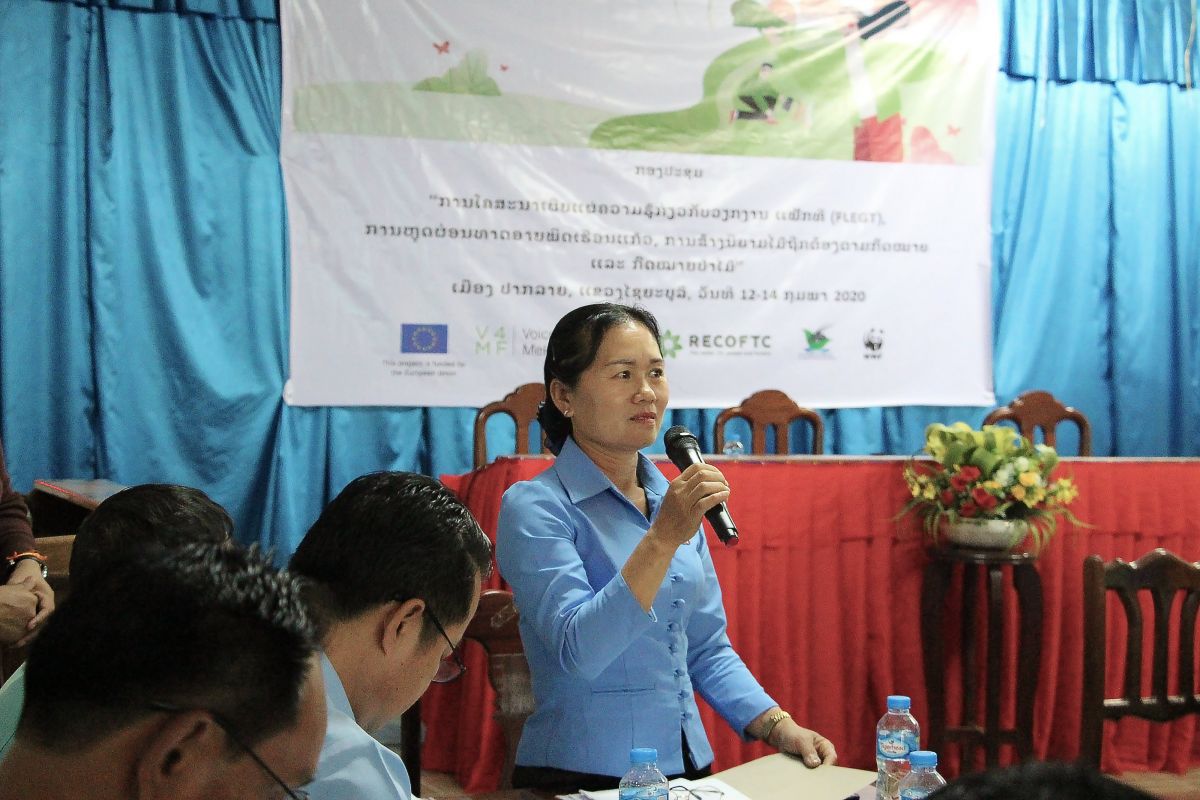

As leaders and members strive to improve the effectiveness of their networks, it is important for them to understand the current status, including strengths, weaknesses and gaps. Their perceptions of network effectiveness can highlight areas for improvement.
The survey asked network leaders and members to state the extent to which they agreed or disagreed with 17 statements about network effectiveness. The responses show that, overall, network members are satisfied with the performance of their networks.
People from the Mekong region were far more likely to say this than those in the Congo Basin. The average level of agreement across all of the statements was 75 percent of respondents from the Mekong region, but only 53 percent from the Congo Basin.
There were only five statements that more than 70 percent of respondents agreed within both regions:
- Network leaders help members take an active role in defining priority issues for the network
- Network members feel free to discuss issues of gender and social inclusion in the network
- Network leaders systematically integrate gender issues into decision-making and activities
- The structure of the network is suited to its objective
The structure allows for the diversity of knowledge, skills and abilities of its members to achieve its purpose“It is encouraging that network members and leaders in both regions agree on this set of statements, as they encapsulate core aspects of effectiveness that relate to inclusion, diversity, knowledge and network structure,” says Njike. “But it is concerning that a majority of respondents in the Congo Basin did not agree with seven of the 17 statements.”
In particular, it is notable that only 27 percent of respondents from the Congo Basin said that their network’s structure allowed the coordination team to be financially and technically sustainable, compared to 76 percent from the Mekong region. And just 7 percent said that network members communicate and collaborate with each other without going through the leadership or the network coordination unit, whereas 69 percent of respondents from the Mekong region said this.
This finding draws attention to the key roles that leaders have in shaping their networks and enabling members to operate effectively. As an interviewee from Viet Nam said: “Networks need to have a responsive leader, someone who has respect from members, who can convince and persuade members, who can analyze the situation and can encourage active participation.”
In the Mekong region, it is notable that a great majority of respondents (more than 85 percent) agreed to all statements relating to gender and social equity inclusion as being applicable to their network. This includes having a gender and inclusion policy in place within the network; the network leaders having received specific training on social inclusion and gender mainstreaming; and systematically encouraging the participation of less powerful and marginalized groups in setting the network’s priorities.

“RECOFTC’s Voices for Mekong Forests project has put much effort and emphasis on supporting CSOs to increase gender and social inclusion awareness, so it is encouraging to see this reflected in the networks’ actions and the processes with which they engage,” says Faure.
In both regions, respondents indicated concern about the risk of influential members leaving the network. In the Mekong region, slightly more than half of respondents agreed that the network would remain strong in such a scenario. While this is still a majority of respondents, it was by far the lowest level of agreement with any of the 17 statements in this region. In the Congo Basin, only 23 percent of respondents agreed that the network would remain strong.
